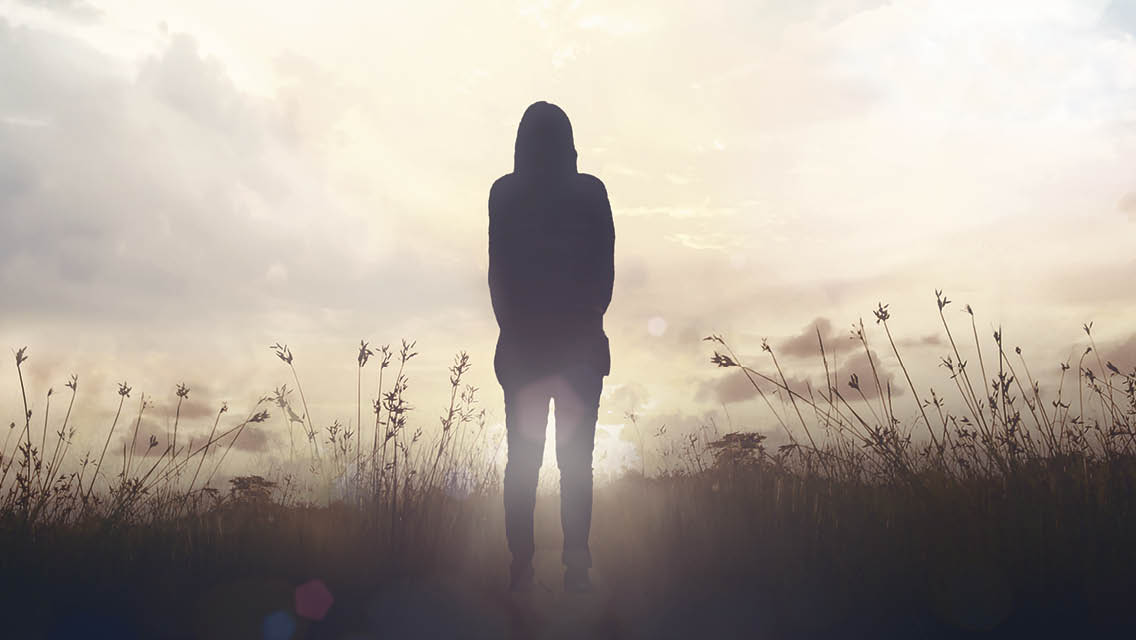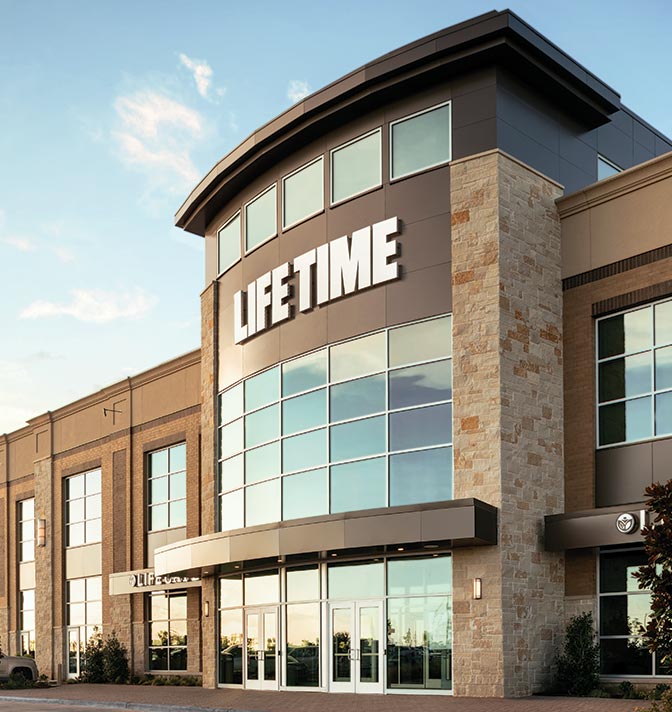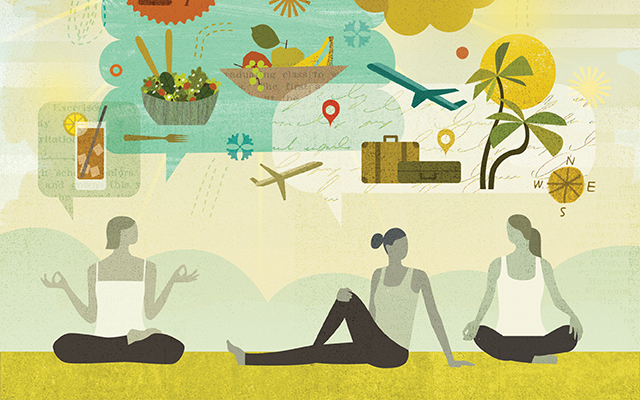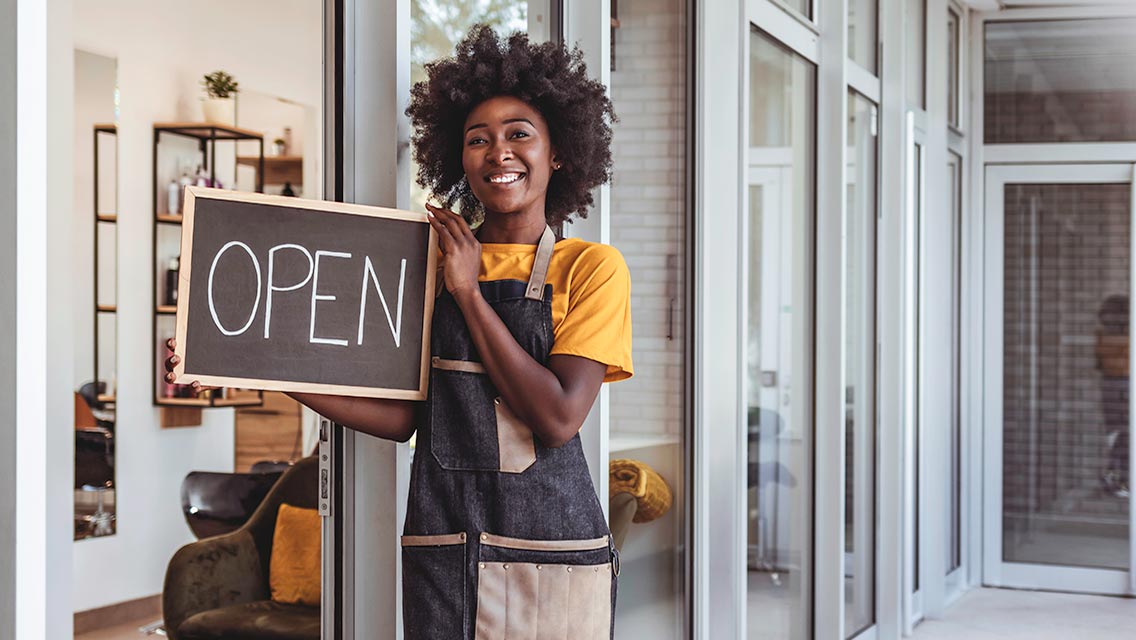A year before COVID-19 struck, a third of Americans over 45 reported feeling lonely, and nearly a quarter of those over 65 felt they were socially isolated. Both of these numbers have only climbed during the pandemic.
Loneliness and isolation are “serious yet underappreciated public-health risks,” according to a 2020 report from the National Academies of Sciences, Engineering, and Medicine (NASEM): They increase a person’s risk of premature death from any cause — as much as (or more than) smoking or a sedentary lifestyle.
Loneliness and isolation are also two separate conditions. Loneliness is a “subjective feeling of being isolated,” the report explains. People with plenty of friends and social contacts can still feel lonely. Practitioners often use the UCLA Loneliness Scale to assess the condition, asking questions such as “Do you feel left out?” and “Are people around you but not with you?”
Social isolation means a person has few social relationships or infrequent social contact. Again, people can live in a community but still feel isolated.
“While all ages may experience social isolation and loneliness, older adults are at increased risk because they are more likely to face predisposing factors, such as living alone, the loss of family or friends, chronic illness, and sensory impairments,” the authors note.
The two conditions often, but not always, manifest together. Women are at more risk of loneliness; men are more apt to be socially isolated.
While all ages may experience social isolation and loneliness, older adults are at increased risk because they are more likely to face predisposing factors, such as living alone, the loss of family or friends, chronic illness, and sensory impairments.”
Immigrant, lesbian, gay, and bisexual populations experience loneliness more often than others, according to the Centers for Disease Control and Prevention (CDC), “because of stigma, discrimination, and barriers to care.”
First-generation immigrants may face more social isolation because of language barriers, differences in community, family dynamics, and new relationships that lack depth or history.
Unmarried, widowed, or divorced people are also more likely to develop both conditions, as are those with low income and less education.
The health effects of loneliness and isolation can be tough to measure precisely. Various studies suggest that, in addition to the risk of premature death and a heightened risk of heart disease and stroke, social isolation increases the chances of developing dementia by 50 percent, and loneliness correlates with higher rates of depression, anxiety, and suicide.
How the conditions are related to these effects is still unknown. Loneliness may increase stress and inflammation, impair sleep, and drive behaviors such as drinking and smoking, says the National Institute on Aging’s Lis Nielsen, PhD. Isolation may make it harder to access nutritious foods, exercise, or medical care.
Because most everyone over 50 interacts to some degree with the healthcare system, the NASEM report states, “healthcare providers may be in the best position to identify older individuals who are at highest risk.”
Among the resources the CDC recommends are AARP, Area Agencies on Aging and Eldercare Locator, the National Council on Aging, and the National Institute on Aging.
For more on dealing with loneliness, see “The Loneliness Trap” and “How to Deal With Loneliness“. For more on isolation, see “Community Matters” and “How to Stay Connected While Practicing Social Distancing“.






This Post Has 0 Comments